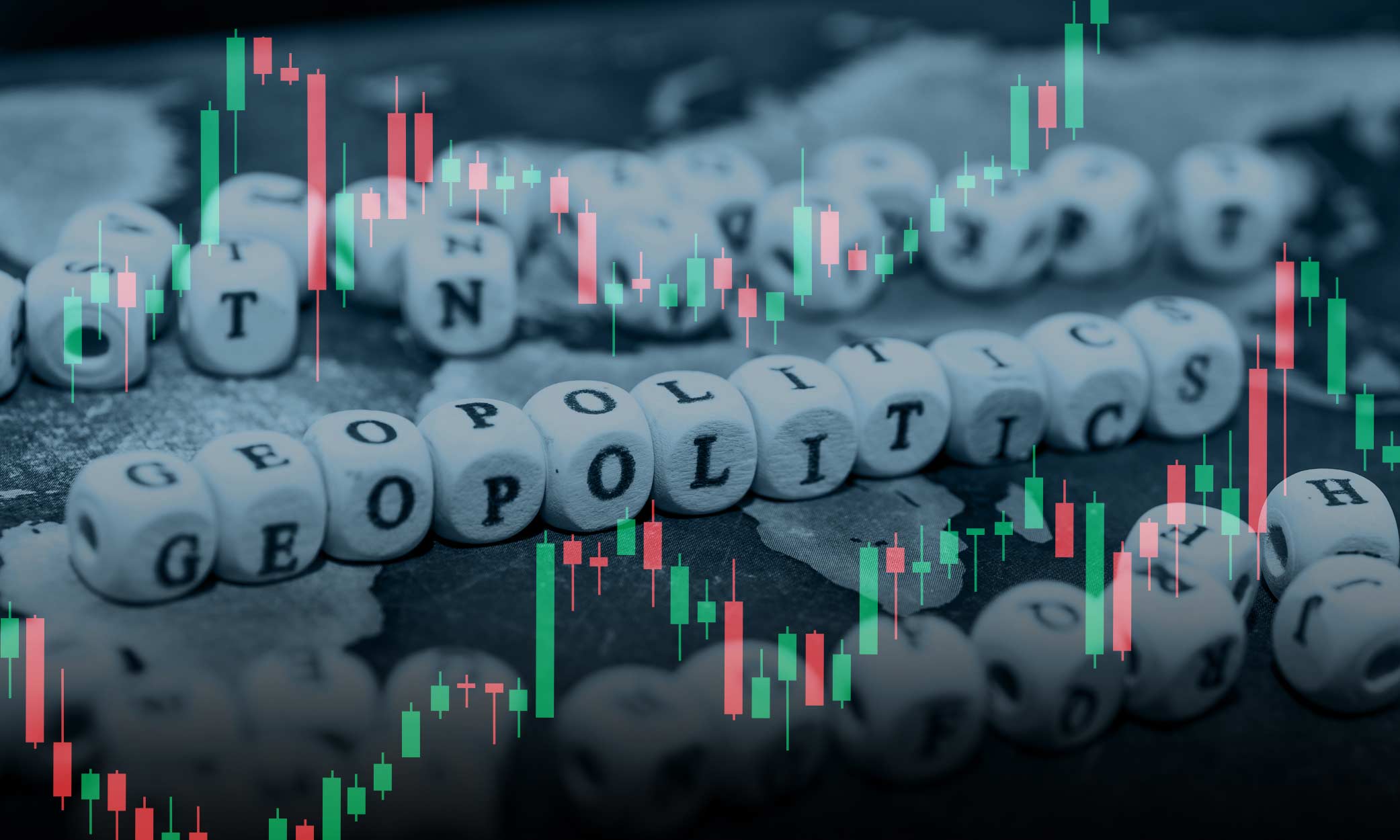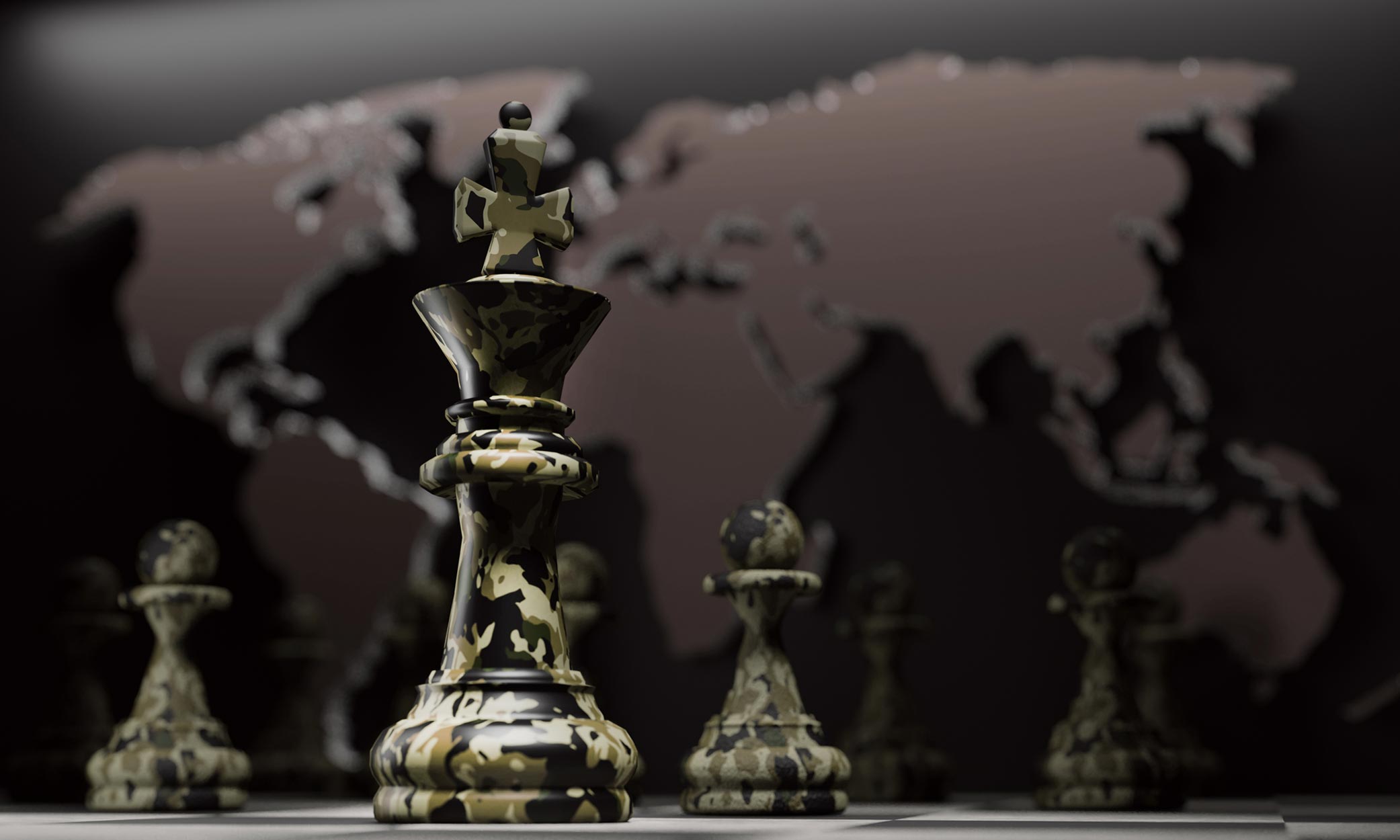Jump to other articles:
What Is Geopolitics’ Place in the Sphere of Investment Migration?

What is geopolitics? This term is very much of the zeitgeist and doesn’t look like its spot in the headlines will end anytime soon. In this article, we both define and reveal how it connects to investment migration.
First, What Is Geopolitics?
John Rennie Short did not invent geopolitics. However, his 2021 magnum opus, Geopolitics: Making Sense of a Changing World is one of its most influential reads. It’s an instructive lesson from its intro forwards: “At its heart, geopolitics is a form of geographical imagination that highlights the operation of power in, through, and around political space.”
The University of Maryland, Baltimore County’s Professor Emeritus, Public Policy describes the different types of geopolitics and how the term has developed. There’s coverage of ““geopolitical moments”” such as “uprisings, wars, and border clashes.” Short goes long on geopolitics entering popular culture including via the Homeland TV show and through the James Bond movies.
In order to answer the question: what is geopolitics?, let’s examine the word more closely. Its etymology reveals Greek roots. Ge means Gaia as in Mother Earth and polis relates to the city state of Ancient Greece defined by its commitment to community.
If John Rennie Short is not the father of geopolitics, who is? Introducing Swedish politician and professor, Johan Rudolf Kjellén (1864-1922). He introduces geopolitik in his 1916 The State as a Lifeform, as “the science of the state as a realm in space.”
Fellow educator, the German Karl Ernst Haushofer (1869-1946) cultivated Kjellén’s notion of geopolitik. Swedish researcher, Bertil Haggman, asserts that Haushofer blended a “synthesis of history, economics, politics and the physical sciences with application of a spatial and territorial perspective.”
One of the biggest acolytes of geopolitics was Henry Kissinger (1923-2023), the American statesman convinced that national well-being is “best defended through an accurate reading and skillful manipulation by the country’s leadership of the changing international balance of power.”
What Is the Effect of Geopolitical Developments on Investment Migration?
Let’s rewind to John Rennie Scott’s referencing of “geopolitical moments”. Seismic events such as border clashes, uprisings, and wars signify great import. If these things are going on in close proximity to you, why aren’t you already making a bolt for it or crafting a Plan B?
Whilst your parents play an undeniable role in your existence, you can’t control your entry into the world. Yet one of the most important decisions you can take is to vote on the governmental orientation of your native country. In 2024, the Year of Elections, the geopolitical domino effect is greater than ever.
Sure, this ever-more influential geopoliticization could lead to your chosen candidate winning. Or it could do the opposite. You should, though, already be exploring contingency plans to separate yourself from an election outcome your vote was powerless to prevent.
The very year that delivered John Rennie Short’s Geopolitics also brought Ray Dalio’s Principles for Dealing with the Changing World Order: Why Nations Succeed and Fail. 3 years further on, Dalio advises that his tome is even more relevant than in 2021.
In a TIME article, he foresees a new US Civil War, predicting that America’s “approaching the point in the internal order-disorder cycle when you will have to choose between picking a side and fighting for it, keeping your head down, or fleeing.”
Dalio’s philosophizing about the world in general and you can apply his thinking to a recent stormy period in France. It’s not hard to detect what is geopolitics’ part in a soft middle having to deal with both an extreme left and a far right.
This struggle against the ravages of populism is being repeated across the globe. Take the centre-left Labour Party’s UK victory in 2024, as an example. This is the consequence of increasing polarization in the country, more than anything else.
![]()
Fashion an Escape Route With Residency by Investment
Residency by Investment is an investment migration tool if you want to evade the ubiquity of geopolitics. Let’s start with the Anguilla Residency by Investment Programme. It’s a gateway to an exclusive bubble that insulates you from the rest of the world’s troubles.
Canada gave birth to contemporary Residency by Investment. The Canadian Start-Up Visa provides a passage to a settled existence, and eventual citizenship, in one of the world’s most secure countries.
As Mélanie Joly, Minister of Foreign Affairs of Canada, outlines in an Address on Canadian Diplomacy Amidst Geopolitical Uncertainty: “We have a long democratic tradition, two official languages, a rich multicultural society, a dedication to reconciliation and a deep commitment to the rule of law.”
In common with Canada, Greece parented an idea and that notion is democracy. Root around the foundation of Classical Greece and you’ll uncover democratic heritage. While 21st-century Athens doesn’t always resembles its ancient past, there’s a timeless quality to the country’s many islands that become more accessible with a Greek Golden Visa.
Another Residency by Investment Programme to consider is the UAE Golden Visa. The United Arab Emirates has used strategic thinking to transform itself into a magnetic investment migration destination for all nationalities. The Economist argues that the UAE provides a masterclass in How to thrive in a fractured world.
Citizenship by Investment Can Repel Geopolitical Headwinds
Let us finish with Citizenship by Investment. This is your opportunity to invest in a dual nationality and obtain a more powerful passport. When the effects of geopolitics begin to crowd your life, your enhanced global mobility offers a get-out.
If you feel more isolated from geopolitical events on an island, you should look at Caribbean Citizenship. The Eastern Caribbean houses 5 Citizenship by Investment Programmes. Take your pick from acquiring second citizenship in Antigua and Barbuda, Dominica, Grenada, St Kitts and Nevis, or St Lucia.

Having the Answer to the Question: What Is Geopolitics? and So Much More, What’s Your Next Step?
You now know what is geopolitics’ place in our industry and your life. The move you should make is to consult an investment migration specialist like RIF Trust to weigh up your options. So, contact us now and we’ll show you how to curb geopolitical undercurrents.
 Back to News
Back to News